Understanding the Basics of On-Page SEO
On-page SEO is like setting the stage for your website’s success in search engines. It involves all the measures you take directly on your web pages to make them more attractive to search engines and users alike. Unlike off-page SEO, which is about backlinks and external signals, on-page SEO is under your control — from the content you write to the code behind your site.
Why On-Page SEO is Crucial for Online Success
Imagine throwing a party but forgetting to send invites or decorate — that’s what happens without good on-page SEO. It’s essential because it helps search engines interpret your page’s content, relevance, and quality, leading to higher rankings and more traffic.
Core Components SEO
Crafting Powerful Title Tags
Your title tag is a gateway to your page. It appears as the clickable headline on search engine results pages (SERPs).
The Role of Keywords in Titles:
Use your primary keyword early in the title to signal relevance.
Crafting Titles that Attract Clicks:
Beyond keywords, make titles intriguing and clear.
Optimizing Meta Descriptions for Better CTR
Meta descriptions don’t directly influence rankings but play a huge role in convincing users to click. A well-written meta description acts like a mini-advertisement for your page.
Using Header Tags to Organize Content
Headers (H1, H2, H3, etc.) break your content into digestible sections. They help readers scan your content and allow search engines to understand your page structure.
SEO-Friendly URLs: Best Practices
Clean, descriptive URLs make it easier for both users and search engines to understand what your page is about. Avoid clutter and keep URLs short and keyword-rich.
The Importance of Image SEO
Images can boost engagement and help your page rank in image searches if optimized well.
Alt Attributes and SEO Benefits:
Always include descriptive alt text for accessibility and SEO.
Speed Optimization with Image Compression :
Large images slow down your site, hurting SEO and user experience.
Creating SEO-Optimized Content
Keyword Research Strategies
Effective SEO starts with knowing what your audience searches for. Use tools like Google Keyword Planner or Ahrefs to find keywords that match user intent.
Writing Content That Engages and Converts
SEO isn’t just about keywords; it’s about delivering value. Write naturally, answer questions, and keep your tone friendly and conversational.
Effective Use of Internal and External Links
Linking internally guides visitors to related content, increasing time on site. External links to reputable sources enhance your page’s trustworthiness.
Technical Factors Affecting On-Page SEO
Mobile Optimization is a Must
With mobile searches dominating, your site must look and work great on smartphones and tablets.
Enhancing Website Speed
Fast-loading pages reduce bounce rates and keep visitors engaged. Use caching, minify code, and choose a reliable hosting provider.
Improving User Experience for SEO Gains
Easy navigation, clear calls to action, and readable fonts contribute to a positive user experience, which search engines reward.
How to Track and Measure Your On-Page SEO Efforts
Key Metrics to Monitor on SEO
Keep an eye on organic traffic, bounce rate, time on page, and keyword rankings to gauge your SEO success.
Tools to Use for On-Page SEO Analysis
Google Analytics, Google Search Console, and SEO tools like SEMrush or Moz provide valuable insights.
Common Pitfalls to Avoid in On-Page SEO
- Overloading pages with keywords (keyword stuffing)
- Using duplicate content across multiple pages
- Ignoring the mobile user experience
- Neglecting page speed improvements
- Forgetting to optimize images and meta tags
Conclusion
On-page SEO is your website’s frontline warrior in the battle for search engine visibility. By mastering its components—from titles and content to technical tweaks—you build a site that not only ranks well but also delights your visitors. Think of it as tending a garden: regular care and attention yield the best harvest.
FAQs
- Can on-page SEO guarantee a top ranking?
No, but it significantly improves your chances when combined with quality content and off-page SEO. - How often should I perform on-page SEO updates?
At least every few months or whenever you add new content. - Does page speed really impact SEO?
Absolutely! Slow sites frustrate users and are penalized by search engines. - Is it okay to have the same keyword on multiple pages?
Try to avoid keyword cannibalization by focusing each page on unique keywords. - Are meta descriptions important for SEO?
They don’t directly affect rankings but greatly influence click-through rates.

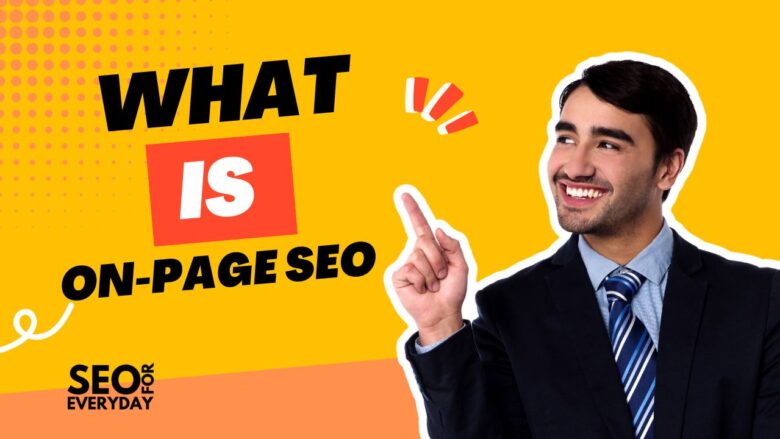
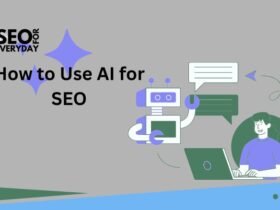
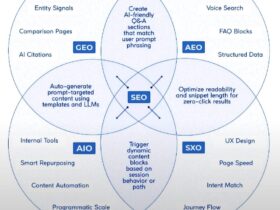

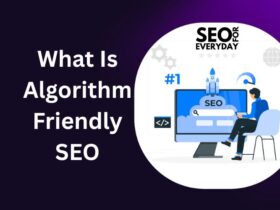

7 Comments